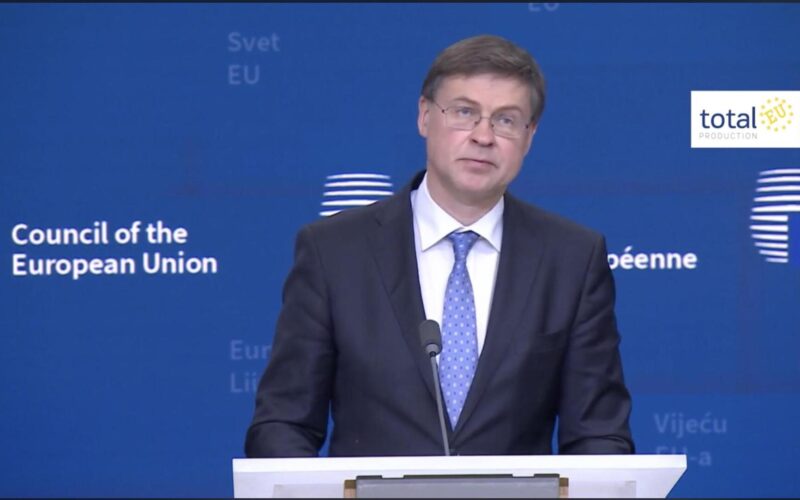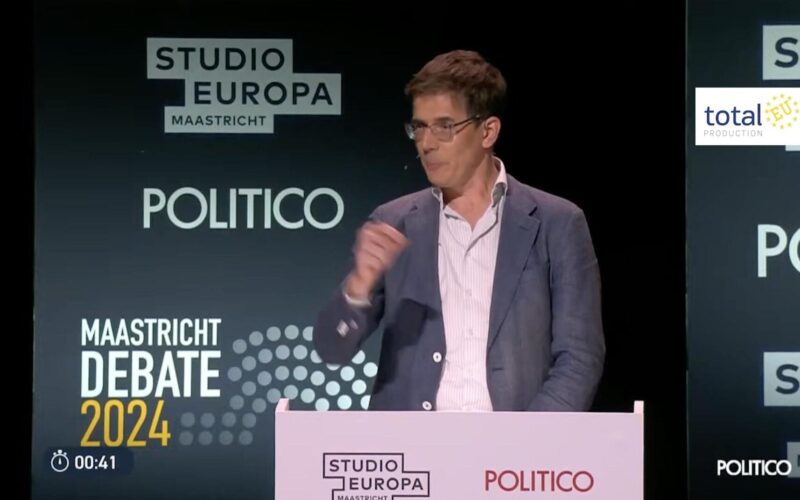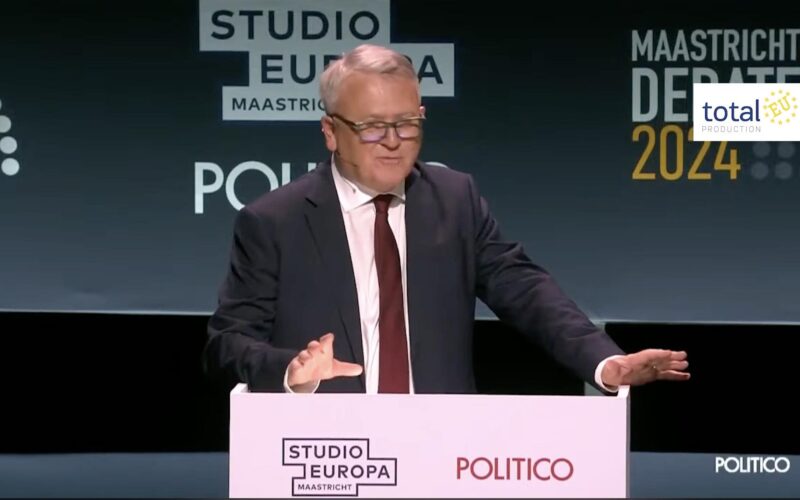Energy & Environment
Net-Zero Industry Act: the green energy industry framework is now a reality… Not without discontent
By Editorial Staff
During the conclusive day of the ninth legislation of the European Parliament, the MEPs reunited and adopted the Net-Zero Industry Act (a.k.a. NZIA). The regulation passed with 361 votes, 121 negatives, and 45 abstentions.
Constituting the EU response to the United States’ Inflation Reduction Act (IRA), the legislation sets out a framework to build innovative ways to face the twin transition. At the same time, its scope is to reduce the EU’s dependence on energy imports. It aligns with the conclusions from the Conference on the Future of Europe, encompassing the citizens’ proposals towards a more sustainable, resilient, and independent energy network.
The Net-Zero Industry Act specifically aims to increase the manufacturing of technologies crucial for achieving climate neutrality, such as solar panels, batteries, and electrolyzers, as well as key components like photovoltaic cells or wind turbine blades. This involves simplifying the regulatory framework for manufacturing these technologies. Additionally, the text indicates nuclear power as a key factor in achieving net-zero targets, prompting all MEPs from the Greens/EFA group to vote against this regulation.
The decision-makers temporary agreement necessitates that countries incorporate specific sustainability and resilience standards, albeit only for a minimum of 30% of their yearly renewable energy capacity auctions or at least 6 gigawatts (GW). Initially, the Council preferred a 20% share, expressing concerns about the impact on renewable energy costs and deployment rates. However, France’s request raised the share to 30%, with Germany’s agreement conditional upon the inclusion of the 6 GW threshold. This percentage is subject to potential changes through regular legislative procedures, with indications in the text suggesting a potential increase to 50% by 2030.
Permit granting durations for “net zero” technology production projects should not exceed twelve months for projects smaller than 1 GW and eighteen months for larger or unspecified-size projects. For “strategic” projects, these timelines are reduced to nine and twelve months, respectively. Nonetheless, competent national administrations may request an extension of three to six months for exceptional cases.
The agreement outlines measures for establishing “industrial valleys” to bolster the expansion of production capacities for net zero technologies. Administrative processes will become simpler and more efficient, albeit with some compromises on environmental safeguards, for construction of these valleys may happen in protected natural areas.
The final step before the text becomes an effective regulation is now the formal approval by the competent EU Council, before reaching the offices of the European Union Official Gazette.





